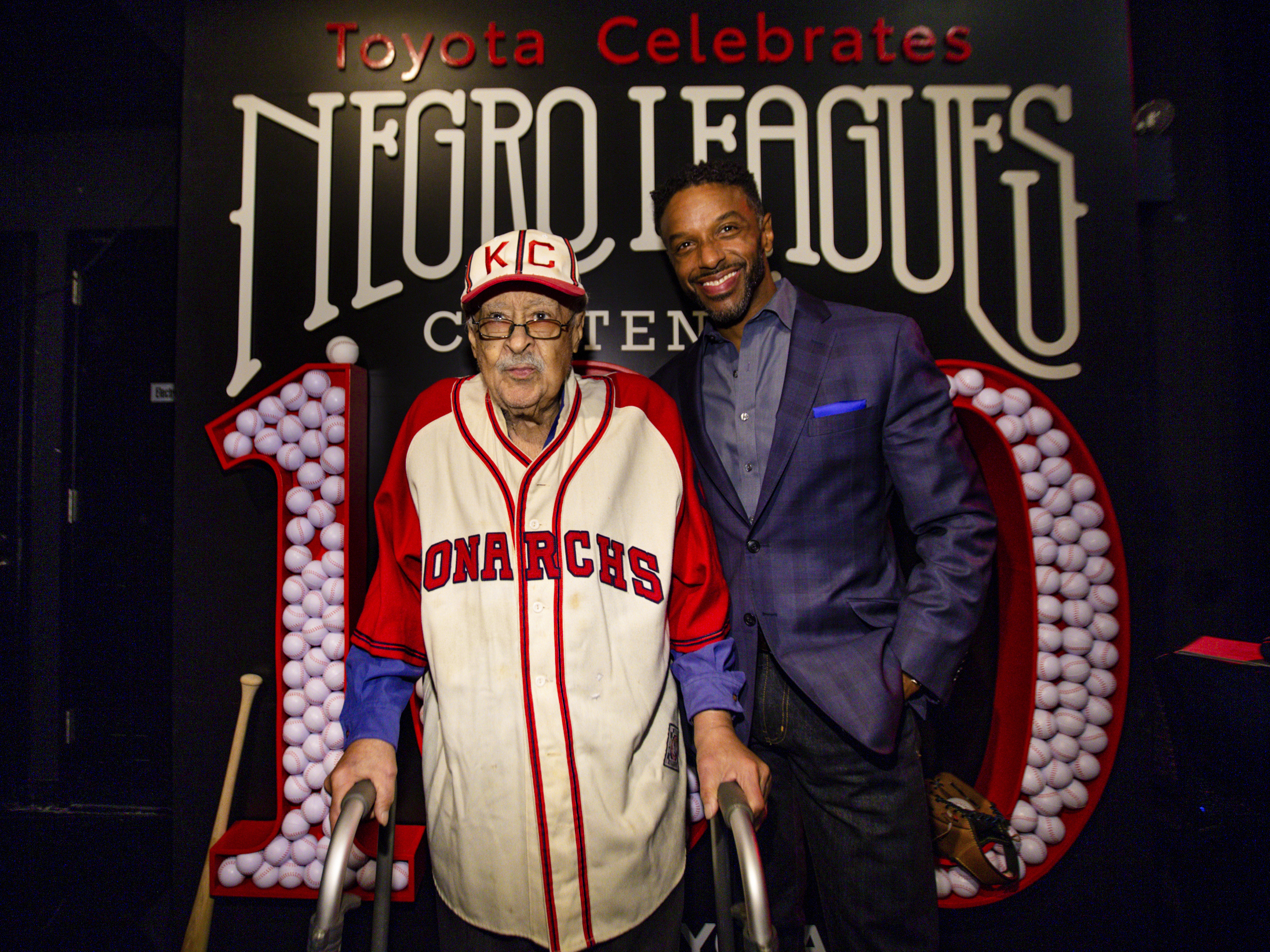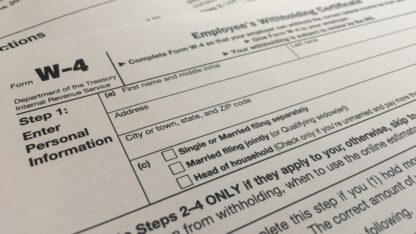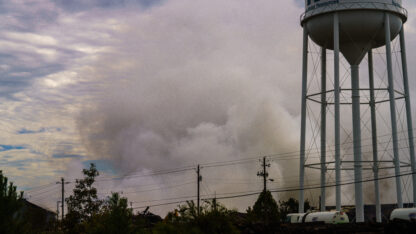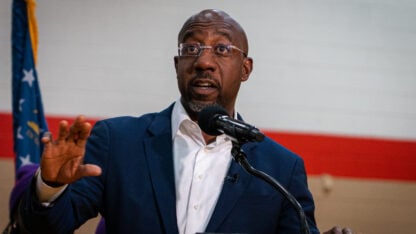Major League Baseball has for years acknowledged the contributions and the legacy of the thousands of Black athletes who played in the Negro Leagues.
On Wednesday, the league went a step further, saying it was officially “correcting a longtime oversight in the game’s history” and recognizing those professionals as Major League-caliber players. The league said it will also include their statistics and records as part of MLB history.
“All of us who love baseball have long known that the Negro Leagues produced many of our game’s finest players, innovations and triumphs against the backdrop of injustice,” Commissioner Robert Manfred said in statement posted to social media.
“We are now grateful to count the players of the Negro Leagues where they belong: as Major Leaguers within the official historical record,” he added.
The 2020 MLB season coincided with the 100th anniversary of the Negro Leagues. Major League Baseball used the occasion to honor the Negro Leagues and its players. However, the ceremonies and recognitions were muted because of restrictions due to the coronavirus pandemic.
MLB says its announcement is the culmination of its efforts to honor the Negro Leagues, for which some 3,400 Black athletes played from 1920 to 1948.
John Thorn, the official historian of Major League Baseball, acknowledged that MLB’s racist legacy continued long after the Negro Leagues folded, adding that Wednesday’s acknowledgement of the leagues was “profoundly gratifying.”
“The perceived deficiencies of the Negro Leagues’ structure and scheduling were born of MLB’s exclusionary practices, and denying them Major League status has been a double penalty, much like that exacted of Hall of Fame candidates prior to Satchel Paige’s induction in 1971,” Thorn said in a statement.
“Granting MLB status to the Negro Leagues a century after their founding is profoundly gratifying,” he added.
The Washington Post reports that in the late 1960s, the MLB formed what was known as the Special Baseball Records Committee, composed entirely of white men.
The committee was tasked with identifying leagues worthy of statistical inclusion in the MLB. The group chose six leagues, but the Negro Leagues was not among those considered, according to The Post.
An MLB spokesperson tells NPR’s Tom Goldman that the league is just beginning to figure out how to incorporate Negro League statistics.
“We are now launching a review of how to treat the impact of this on statistics and baseball records,” the spokesperson said.
ESPN reported in 2015 that Negro Leagues statistics “are notoriously incomplete.”
The MLB decision comes amid a national reckoning following the Memorial Day killing of George Floyd by Minneapolis police. His death led to a discussion of how race, discrimination and social inequities impact many facets of American life, including sports.
As the sports and culture website The Undefeated points out, the move by the MLB means that Negro League standouts like Josh Gibson of the Homestead Grays will finally be given their proper respect.
“Thousands of players, like Josh Gibson – considered to be one of the best hitters baseball has ever seen though he wasn’t allowed to play in a single MLB game – are now officially considered Major Leaguers,” The Undefeated said in a tweet.
“Josh was a better power hitter than Babe Ruth, Ted Williams or anybody else I’ve ever seen,” former Cleveland Buckeye pitcher and manager Alonzo Boone said, according to the National Baseball Hall of Fame.
“Anything he touched was hit hard. He could power outside pitches to right field. Shortstops would move to left field when Josh came to the plate,” Boone said.
Gibson was inducted into the National Baseball Hall of Fame in 1972.
The news of the MLB elevating the stats and records of Negro League players comes days after the American League’s Cleveland-based franchise announced that after 105 years, it will drop its team name, which had been widely viewed as racist and culturally offensive to Native Americans.
Paul Dolan, the owner of the Cleveland baseball team, said it would continue to use its current name until the franchise could settle on a new one that would “better unify our community and build our legacy for a new generation.”
The Washington Football Team made a similar decision to change its name earlier this year.
Copyright 2020 NPR. To see more, visit https://www.npr.org.
9(MDAxODM0MDY4MDEyMTY4NDA3MzI3YjkzMw004))

9(MDAxODM0MDY4MDEyMTY4NDA3MzI3YjkzMw004))








